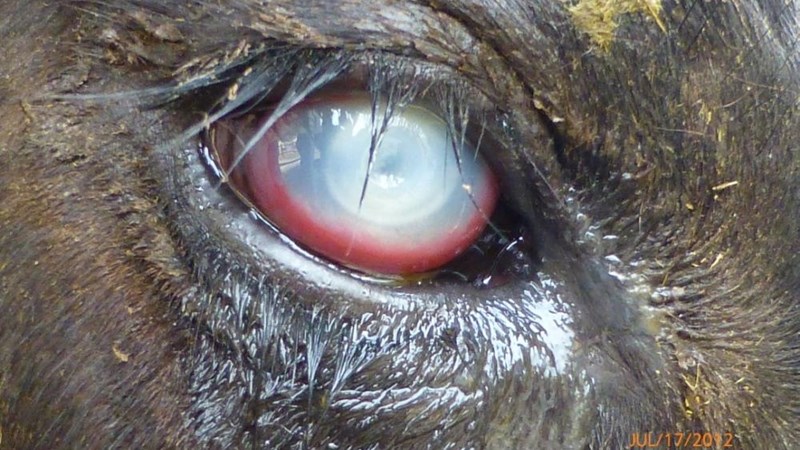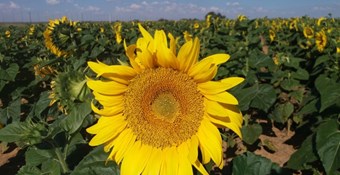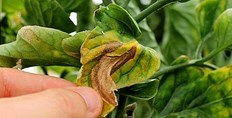Agri Hour
Pink eye in livestock─── ELSABÉ RICHARD 05:30 Tue, 14 Sep 2021

We’ve entered spring and will soon be entering the summer season.
With these warmer conditions, farmers have to be on the lookout for some pests and diseases that might cause illnesses in livestock animals.
According to Dr Berry Mutowembwa, a Veterinarian at the Agricultural Research Council, one of these diseases that farmers should be on the lookout, for now, is pink eye which is caused by domestic flies.
He says if humans are not careful when handling an animal with pink eye, they too might get infected.
See PODCAST below
Flies tend to thrive in hot conditions and, amongst other things, transmit pink eye to animals.
Mutowembwa explains that pink eye is an eye infection that happens when a normal domestic fly deposit its bacteria into the eye of the animal. In more severe cases, pink eye can cause permanent blindness in one or both eyes of the animal.
Signs of pink eye
Signs include sensitivity to sunlight;
Clear discharge is excreted from the affected eye;
The affected eye has a red colour; and
White spots appear on the affected eye. These spots may remain on the eye if it does not heal properly.
Prevention
The most important prevention measure is to separate affected animals from those that are not infected. This, as there will be movement of flies between the animals.
It is also important that farmers control flies amongst animals. One of the methods that can be used is to dispose of manure on a regular basis. Mutowembwa says that manure is usually a breeding ground for flies to lay their eggs in, which will result in the appearance of more flies.
Another control measure is to make use of sprays that are available for this purpose.
With that being said, Mutowembwa urges farmers and farm workers to avoid getting pink eye themselves. Avoid touching your eyes when dealing with animals and wash your hands frequently.
Treatment
Pink eye can be treated. When there is an outbreak of pink eye on a farm, a vegetarian should be consulted. Pink eye is usually treated with an antibiotic ointment.
In severe cases, the intervention of a veterinarian is needed and the farmer might need to administer several treatments to the animal in order to clear the condition.
OFM News













